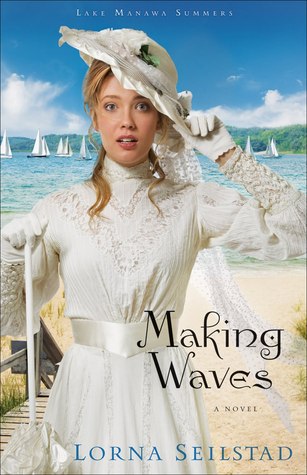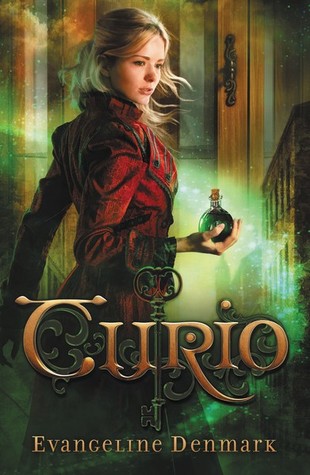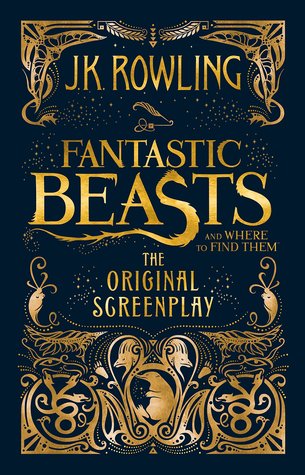By Kelly Bridgewater
I’m going to list five opening lines.
See if you can identify what books they come from.
1.)
“The sad, ripe
odor of death seeped from the entrance to the abandoned mine.”
2.)
“Mr. and Mrs.
Dursley, of number four, Privet Drive, were proud to say that they were
perfectly normal, thank you very much.”
3.)
“In the hole in
the ground there lived a hobbit.”
4.)
“I hope you’re
hungry, Mr. Caldwell, because I’m serving up crow.”
5.)
“Another night of
death and defeat.”
What can you tell by reading these five
opening lines, even if you guessed what books two of them came from? I made two
of them pretty recognizable.
The first one grips the reader’s attention
by asking what is dead in the abandoned mine? It had to be recently because the
smell is still ripe. But the adjective “sad” evoke an emotional response. As a
reader, you are preparing yourself for something that might tug at your heartstrings
when the point of view character enters this mine. Automatically, your mind
pictures a mine with the wooden beams. Probably damp smelling mixed in with the
dead smell. Dark. Cold. So much has been evoked into the reader by the one
sentence.
The second one tells you the name of a
couple and where they live. But the reader notices that the couple is stuck-up
and stuffy because they think they are “perfectly normal.” Who is normal? Who
defines normal? Only the ones who think nothing is wrong with them. As a
reader, we are prepared not to take these people seriously. Maybe even not like
them from the first sentence.
The third quote does not really tell us
much. It tells the reader there lived a hobbit, whatever that is, in a hole in
the ground. Not much to go on. But the next sentence drags the reader into the
comfortable setting of the hobbit.
The fourth quote shows a character who
apparently does not like Mr. Caldwell. She is serving him crow, either
literally or figuratively. We do not know. We have to keep reading to find out.
Why does the point of view character not like Mr. Caldwell. It sounds like a
sentence from a determined person who knows what they want out of life. A
proud, knowledgeable person who thrives.
Opening lines set the tone for the book
you plan to write or read. The reader can be invested in your story and have
preconceived notions about the characters, setting, or plot, before you, as the
writer, have even written the first paragraph.
So be careful when you write opening
sentences. They need to explain something about the character, setting, or plot
and entice the reader to keep moving forward. Nothing is worse than having the
reader close your book and move on.
Answers:
1.)
The Knight
by Steven James
2.)
Harry Potter and the Sorcerer’s Stone by J. K. Rowling
3.)
The Hobbit
by J. R. R. Tolkien
4.)
Surprised by Love by Julie Lessman
Did you get them correct?
Oh, you thought I forgot, didn’t you?
Where did the quote from number five come from?
Well, actually it came from MY first book, Face of Admiration, in my three book series titled Lockwood Mills Files.
What do you think of my opening line?
Would you keep reading the book? It is a suspense book with a hint of
romance.
Leave the opening to your work
in progress, so we can have a discussion with your opening line.



